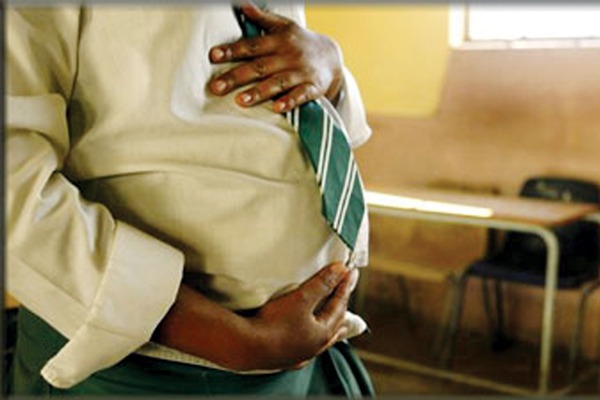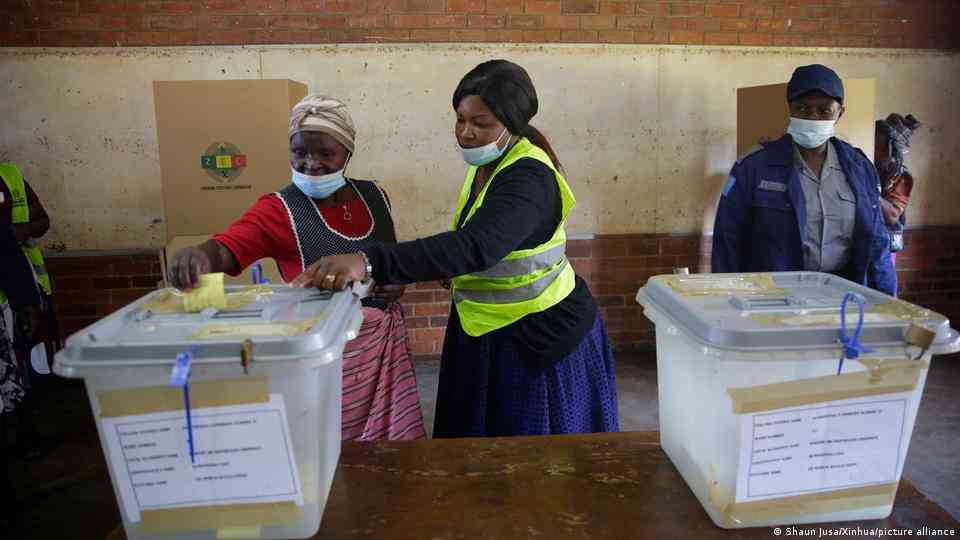
BY PHYLLIS MBANJE
THOUSANDS of female teenagers in Zimbabwe have no access to sexual reproductive health (SRH) services, a situation that has resulted in a surge in teen pregnancies and child marriages.
This was revealed on Tuesday during a United Nations Populaion Fund (UNFPA) World Population Day panel discussion hosted by Alpha Media Holding’s Heart and Soul TV. The discussion focused on sexual reproductive health (SRH) services for adolescents during the COVID-19 era.
Participants noted that restricted movement during COVID-19 lockdown periods affected access to SRH services by young people, resulting in them making wrong choices.
Zimbabwe Youth Council (ZYC) representative Lungani Zwangobani said loss of economic means of survival had curtailed sexual rights choices for young people.
“Information services were curtailed and the online option proved a challenge due to costly data fees, and limited data access and network woes for marginalised youths especially in rural areas,” Zwangobani said.
“The pandemic made people to realise gaps in the society that disadvantaged young people. There is need for nationwide research on how COVID-19 really impacted young people. Many are struggling to compete with already established businesses,” he said.
Zwangobani said young people’s discussion platforms were banned due to COVID-19 restrictions, hence the lack of key information to help them make informed decisions.
- Chamisa under fire over US$120K donation
- Mavhunga puts DeMbare into Chibuku quarterfinals
- Pension funds bet on Cabora Bassa oilfields
- Councils defy govt fire tender directive
Keep Reading
National Aids Council’s Beauty Nyamwanza said: “Distribution of essential SRH information was halted and this created information gaps which only escalated the existing problems on SRH. Many girls fell pregnant and others experienced gender-based violence (GBV).
“There was an increase in GBV cases because most of the perpetrators were closed up with the abused young people who could not access services.”
Nyamwanza said the pandemic, however, brought new things like the use of social media platforms to communicate. UNFPA programme specialist Blessing Nyagumbo said the pandemic brought in a myriad of challenges such as drug abuse, child marriages, and teenage pregnancies.
Nyagumbo said nearly 5 000 teenage girls fell pregnant between January and February, and about 1 800 entered early marriages during the same period.
Follow Phyllis on Twitter @pmbanje










